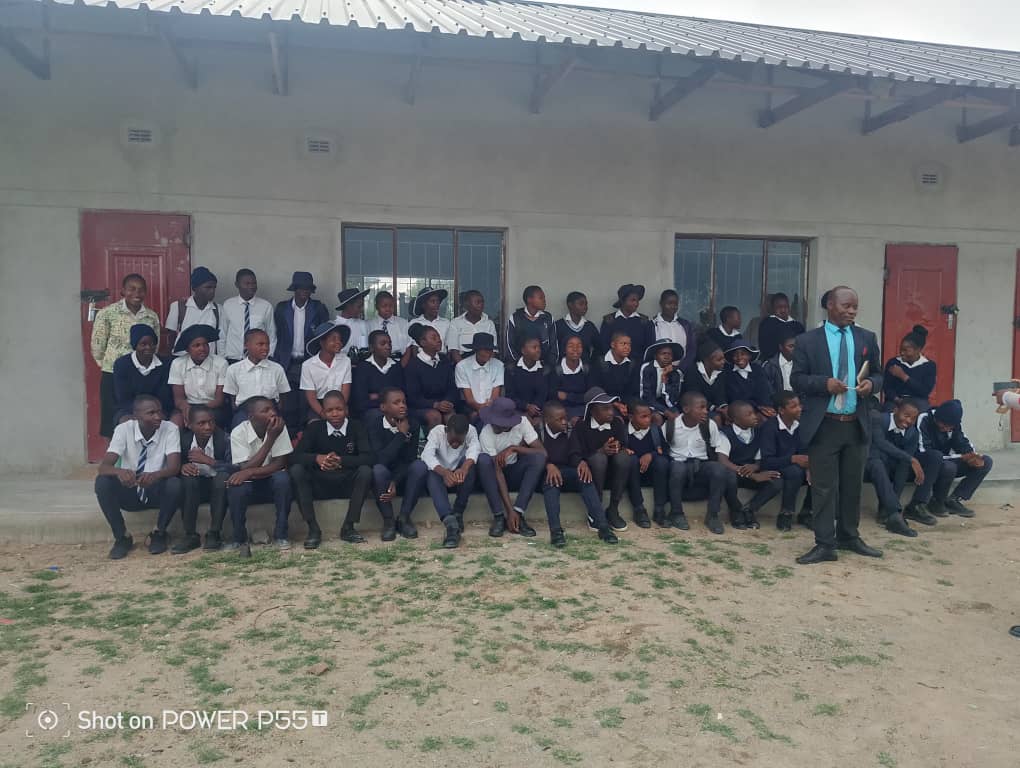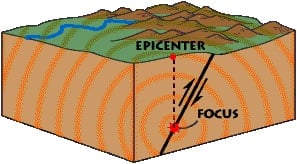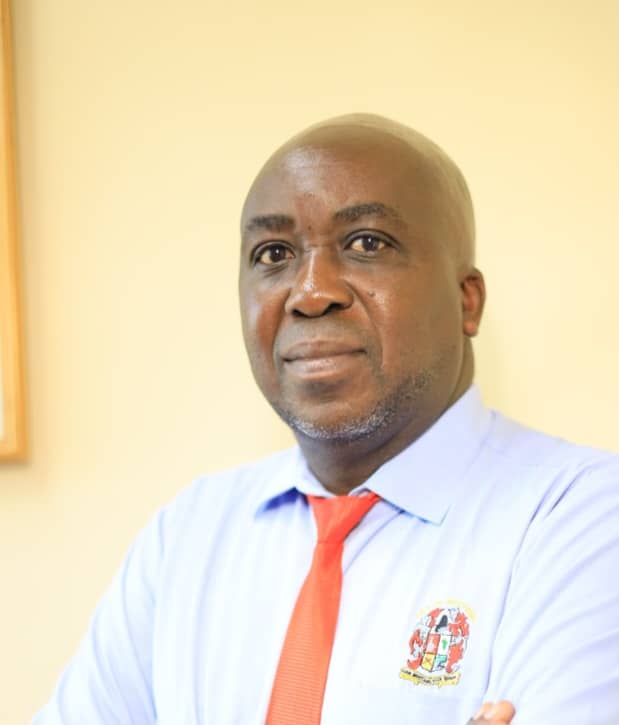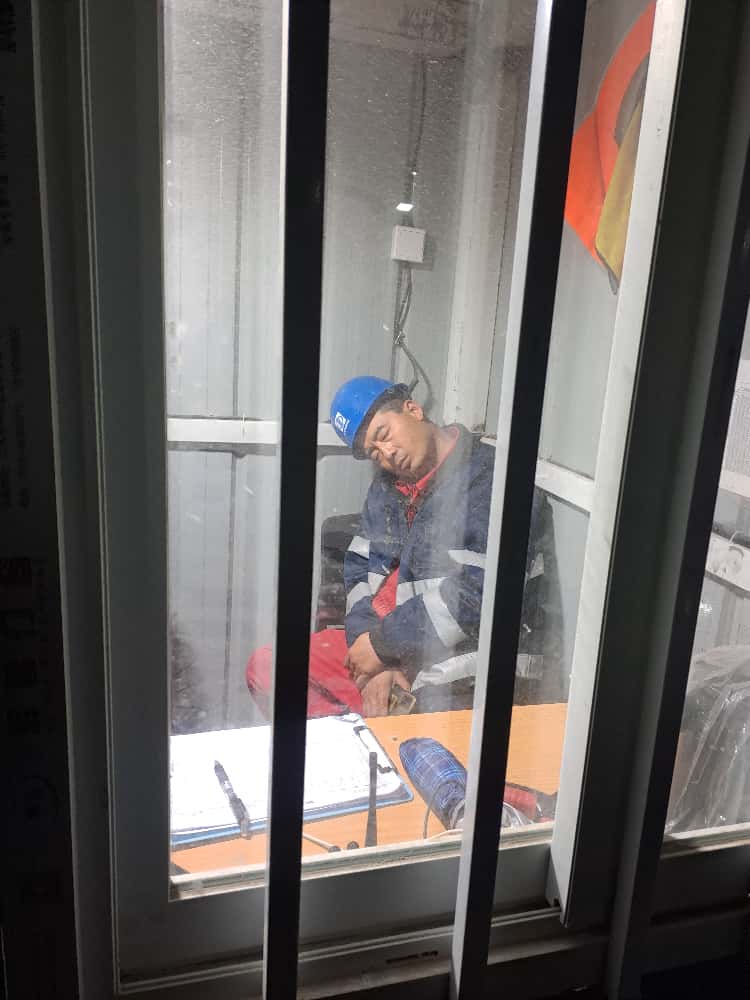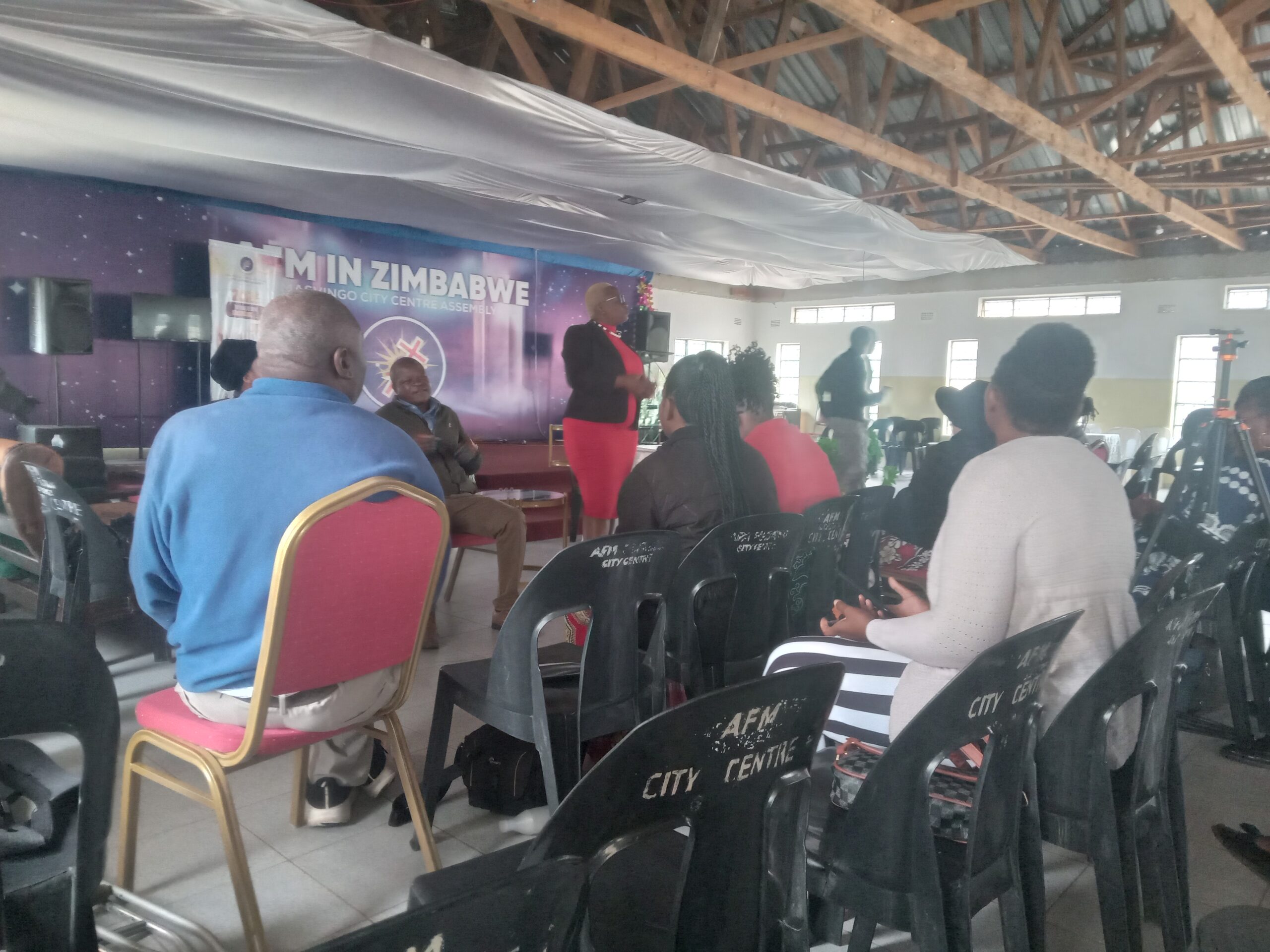
The proliferation of Artificial Intelligence (AI) has transformed academic fraternity in unprecedented ways, changing how students learn and interact with information. However, a worrying trend has emerged where students increasingly use AI tools to complete academic assignments and dissertations, compromising critical thinking and problem-solving skills. This over-reliance on AI can negatively impact academic performance and future prospects, as students miss out on developing practical skills needed to excel in a competitive environment. This trend undermines independent thinking, creativity, and innovation, essential for addressing complex issues. The effect on critical thinking and problem-solving abilities is a major concern, as these skills are crucial for success in school and life. Collaboration from teachers, policymakers, and students is necessary to build these abilities and mitigate the risks associated with AI-assisted learning.
AI tools such as Language translation software and Online essay generators are being used to transpose an idea. More information can be gathered at a fast pace, but perhaps these tools have led to a comfortable existence and have introduced unending dependency on technology for thinking itself. The writer expresses concern about the relationship that exists between AI and students, which is now more of fish and water! The better majority of students cannot survive without AI. Worse off – this generation of ama2000, not very fond of reading. The effort moves practically from zero when it comes to originality of work. One paper will be generated by an essay generator; hence critical evaluation and understanding the concepts are lost. Claiming ownership of such paper will be just as a Chinese individual would assert paternity over a black African child. As Tinashe Mugabe would say “we have tested your paper and the originality results are Zero %. MuchiShona tirikuti, Hapana chenyu chirikuwanikwa mupaper iri.” They will be no trace of DNA to the writer.
cod more information visit the above link and our newspaper the The proliferation of Artificial Intelligence (AI) has transformed academic fraternity in unprecedented ways, changing how students learn and interact with information. However, a worrying trend has emerged where students increasingly use AI tools to complete academic assignments and dissertations, compromising critical thinking and problem-solving skills. This over-reliance on AI can negatively impact academic performance and future prospects, as students miss out on developing practical skills needed to excel in a competitive environment. This trend undermines independent thinking, creativity, and innovation, essential for addressing complex issues. The effect on critical thinking and problem-solving abilities is a major concern, as these skills are crucial for success in school and life. Collaboration from teachers, policymakers, and students is necessary to build these abilities and mitigate the risks associated with AI-assisted learning.
AI tools such as Language translation software and Online essay generators are being used to transpose an idea. More information can be gathered at a fast pace, but perhaps these tools have led to a comfortable existence and have introduced unending dependency on technology for thinking itself. The writer expresses concern about the relationship that exists between AI and students, which is now more of fish and water! The better majority of students cannot survive without AI. Worse off – this generation of ama2000, not very fond of reading. The effort moves practically from zero when it comes to originality of work. One paper will be generated by an essay generator; hence critical evaluation and understanding the concepts are lost. Claiming ownership of such paper will be just as a Chinese individual would assert paternity over a black African child. As Tinashe Mugabe would say “we have tested your paper and the originality results are Zero %. MuchiShona tirikuti, Hapana chenyu chirikuwanikwa mupaper iri.” They will be no trace of DNA to the writer, rather credit should be copy.


